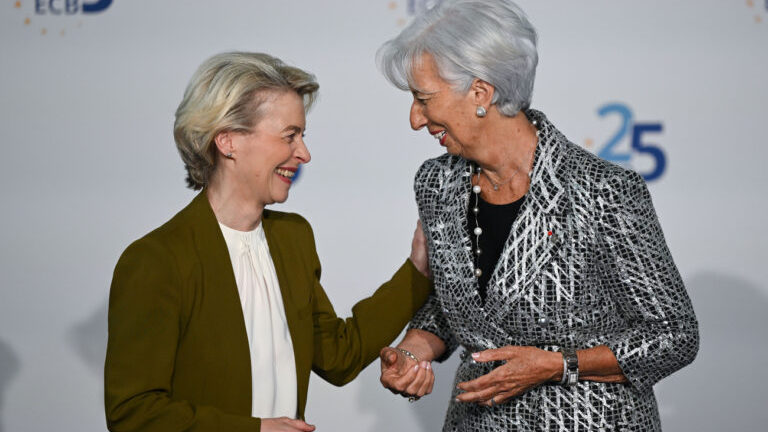
The EU Parliament is not satisfied and wants to raise its annual salary again. In 2024, politicians’ salaries are expected to increase by 15 percent to 367,000 euros. That’s almost 31,000 euros per person per month. This is shown by the Budget Committee’s draft budget for 2024 of May 17, 2023.
Compared to the last accounting year of 2022, when a member of parliament had 294,000 euros including expenses and pension benefits, the salary should increase by 73,000 euros, a 25 percent increase. Compared to the 2023 budget, this is a 15 percent increase, after 8.7 percent growth in the current year.
According to the EU Commission’s May 15 spring report, inflation in the EU will be 6.7 percent in 2023 and 3.1 percent in 2024. This would result in a substantial increase in real wages, while EU citizens should be happy if they can partially compensate for the loss of purchasing power caused by inflation.
The number of MPs will drop from 751 to 705 on January 1, 2022 after the Brexit-related British exit. Nevertheless, the remuneration of the EU Parliament rose from 181 to 207 million euros between 2021 and 2022. 46 British MPs left and the remaining members were compensated with pay rises. The per capita increase is also 22 percent. Recent massive increases cannot be justified by a pent-up inflationary adjustment.
But Members of Parliament incur more expenses than their direct salaries. Administrative and technical support, buildings and facilities lead to additional financial outlays. Overall, the operation of the EU Parliament is expected to cost around 1.34 billion euros in 2024, which is 1.9 million euros per person – in comparison: according to the Swiss financial plan for 2024, the cost per member of parliament is 187,000 francs, the parliamentary service cost per member of parliament is 274,000 francs, which A total of 461,000 francs.
The fact that these massive pay rises are all set to take place in 2024 shows how little the EU Parliament cares about funding disruptions in the general EU budget. Budget experts have vastly underestimated the interest costs of monster programs in recent years, such as subsidies for the labor market (definite plan: 100 billion) and the 800 billion “Next Generation EU” program for restructuring the economy and society.
Some of the projects have just started and that is why the loan has not reached the full amount yet. Of the roughly €400 billion in bonds outstanding in May 2023, 85 percent have been issued since 2020 alone.
In the financial plan for 2021 to 2027, the EU envisaged a gradual rise in interest rates from 0.55 percent to 1.15 percent in 2027. It is now clear that interest costs will at least double to triple. Compared to the total budget of around 186 billion for 2024, the amounts involved are significant.
In addition, support for Ukraine and spending on inflation weigh on the budget. Because EU laws do not allow for deliberate deficits, projects must be blocked or new revenues tapped. Other sources of funding are already being discussed, such as a financial transaction tax or direct EU contributions from companies. Proposals for this must be made by the Commission by June 2024, so that the Council can start discussions on these new own resources by July 1, 2025 and the measures can be introduced at the latest by January 1, 2026.

“Wannabe pop culture fanatic. Zombie advocate. Entrepreneur. Internet evangelist. Alcohol fanatic. Typical travel buff.”




More Stories
Choosing the Right Quality Management Software for Your Industry
If guests bring items: Can shower gel be packed from the hotel?
This diet can prevent death from dementia